Eyes on the PrizeWilliams Eyes on the Prize traces the movement from the landmark Brown v. the Board of Education case in 1954 to the march on Selma and the passage of the Voting Rights Act in 1965. This is a companion volume to the first part of the acclaimed PBS series. African Americans : A Concise History, Combined VolumeDarlene Clark Hine, Stanley C Harrold, William C. Hine Incorporating the basic features and narrative from The African-American Odyssey, this concise history presents its major episodes, issues, and people. It tells a compelling story of survival, struggle, and triumph over adversity–leaving readers with an appreciation of the central place of black people and culture in this country, and a better understanding of both African-American and American history. The 2nd edition presents a broadened international perspective, offers expanded coverage of interaction among African-Americans and other ethnic groups, and includes additional material on African-Americans in the western portion of the United States, as well as a new chapter on the evolution of black politics since the 1980s. It describes African-American history from the struggle of black people to maintain their humanity during the slave trade and as slaves in North America continuing through the Civil War and the beginning of Reconstruction, and through the Civil Rights movement to discussions of black life at the dawn of the 21st century. This is a compelling story of survival, struggle, and triumph over adversity. Readers will learn an appreciation of the central place of black people and black culture in this country, and a better understanding of both African-American and American history. The Black Atlantic: Modernity and Double-ConsciousnessPaul Gilroy Afrocentrism. Eurocentrism. Caribbean Studies. British Studies. To the forces of cultural nationalism hunkered down in their camps, this bold hook sounds a liberating call. There is,Paul Gilroy tells us, a culture that is not specifically African, American, Caribbean, or British, but all of these at once, a black Atlantic culture whose themes and techniques transcend ethnicity and nationality to produce something new and, until now, unremarked. Challenging the practices and assumptions of cultural studies, The Black Atlantic also complicates and enriches our understanding of modernism.
Debates about postmodernism have cast an unfashionable pall over questions of historical periodization. Gilroy bucks this trend by arguing that the development of black culture in the Americas arid Europe is a historical experience which can be called modern for a number of clear and specific reasons. For Hegel, the dialectic of master and slave was integral to modernity, and Gilroy considers the implications of this idea for a transatlantic culture. In search of a poetics reflecting the politics and history of this culture, he takes us on a transatlantic tour of the music that, for centuries, has transmitted racial messages and feeling around the world, from the Jubilee Singers in the nineteenth century to Jimi Hendrix to rap. He also explores this internationalism as it is manifested in black writing from the "double consciousness" of W. E. B. Du Bois to the "double vision" of Richard Wright to the compelling voice of Toni Morrison.
In a final tour de force, Gilroy exposes the shared contours of black and Jewish concepts of diaspora in order both to establish a theoretical basis for healing rifts between blacks and Jews in contemporary culture and to further define the central theme of his book: that blacks have shaped a nationalism, if not a nation, within the shared culture of the black Atlantic. The History and Power of WritingHenri-Jean Martin Cultural history on a grand scale, this immensely readable book—the summation of decades of study by one of the world's great scholars of the book—is the story of writing from its very beginnings to its recent transformations through technology.
Traversing four millennia, Martin offers a chronicle of writing as a cultural system, a means of communication, and a history of technologies. He shows how the written word originated, how it spread, and how it figured in the evolution of civilization. Using as his center the role of printing in making the written way of thinking dominant, Martin examines the interactions of individuals and cultures to produce new forms of "writing" in the many senses of authorship, language rendition, and script.
Martin looks at how much the development of writing owed to practical necessity, and how much to religious and social systems of symbols. He describes the precursors to writing and reveals their place in early civilization as mnemonic devices in service of the spoken word. The tenacity of the oral tradition plays a surprisingly important part in this story, Martin notes, and even as late as the eighteenth century educated individuals were trained in classical rhetoric and preferred to rely on the arts of memory. Finally, Martin discusses the changes to writing wrought by the electronic revolution, offering invaluable insights into the influence these new technologies have had on children born into the computer age. The Description of England: The Classic Contemporary Account of Tudor Social LifeWilliam Harrison "… for when our houses were builded of willow, then had we oaken men; but now that our houses are come to be made of oak, our men are not only become willow but a great many, through Persian delicacy crept in among us, altogether of straw, which is a sore alteration." — Of Woods and Marshes, The Description of England
Originally written as part of an introduction to Holinshed's Chronicles, The Description of England provides an unparalleled account of life in Shakespeare's England. A cleric and historian, William Harrison (1535-93) compiled detailed accounts of nearly every aspect of English life: food and diet, laws, clothing, punishments for criminals, castles and palaces, antiquities, metals and minerals, dogs, fish, cattle, languages, inns and thoroughfares, rivers, the appearance of the people, and much more.
Brimming with fascinating information, enlivened by the author's wide-ranging curiosity, keen-eyed observation of his country and country men, and unabashed nationalism, the book is a monumental reference that ranks today as a classic of social description. As the editor, Georges Edelen, points out in his Introduction, "No other work of the age gives so compendious and readable an account of life in Shakespeare's England, and no similar book has been so deeply quarried by later writers on the period."
Now students, historians, Anglophiles — all who are interested in Renaissance England — can immerse themselves in this richly detailed study and enjoy a colorful, realistic picture of English life four centuries ago. Elizabeth IChristopher Haigh This series aims to provide both an understanding of political, economic and social developments on the one hand with an appraisal of the individual's role on the other. In this book the author aims to examine Queen Elizabeth I in terms of her power rather than her policies, and does so through an exploration of her relations with other politicians and with the institutions of 16th century political life. | The Kings and Queens of EnglandNicholas Best Did you know that Henry I pushed a man from the top of Rouen Castle for breaking an oath of allegiance? That Henry VI was terrified of girls? Or that George II died in the lavatory? Spanning ten dynasties and more than nine centuries, this marvelous reference provides tart, inclusive profiles of all the men and women who have occupied the English throne. 43 color illustrations. Jacquard's Web: How a Hand-Loom Led to the Birth of the Information AgeJames Essinger In Jacquard's Web, James Essinger tells the story of some of the most brilliant inventors the world has ever known, in this fascinating account of how a hand-loom invented in Napoleonic France led to the development of the modern information age.
Essinger, a master story-teller, describes how Joseph-Marie Jacquard's loom enabled the silk-weavers of Lyons to weave fabrics 25 times faster than had previously been possible. The device used punched cards, which stored instructions for weaving whatever pattern or design was required. These cards can very reasonably be described as the world's first computer programs. Indeed, Essinger shows through a series of remarkable and meticulously researched historical connections—connections never before investigated—that the Jacquard loom kick-started a process of scientific evolution which would lead directly to the development of the modern computer. The book examines a wealth of extraordinary links between the nineteenth-century world of weaving and today's computer age: for example, modern computer graphics displays are based on exactly the same principles as those employed in Jacquard's special woven tableaux. Jacquard's Web also introduces some of the most colorful and interesting characters in the history of science and technology: the modest but exceptionally dedicated Jacquard himself; the brilliant but temperamental Victorian polymath Charles Babbage, who dreamed of a cogwheel computer operated using Jacquard cards; and the imaginative and perceptive Ada Lovelace, Lord Byron's only legitimate daughter.
Attractively illustrated and compellingly narrated, Jacquard's Web is an engaging and delightful volume. It is an impressive case of historical detective work, one that will leave the reader mesmerized. Africa: A Biography of the ContinentJohn Reader In 1978, paleontologists in East Africa discovered the earliest evidence of our divergence from the apes: three pre-human footprints, striding away from a volcano, were preserved in the petrified surface of a mudpan over three million years ago. Out of Africa, the world's most ancient and stable landmass, Homo sapiens dispersed across the globe. And yet the continent that gave birth to human history has long been woefully misunderstood and mistreated by the rest of the world.
In a book as splendid in its wealth of information as it is breathtaking in scope, British writer and photojournalist John Reader brings to light Africa's geology and evolution, the majestic array of its landforms and environments, the rich diversity of its peoples and their ways of life, the devastating legacies of slavery and colonialism as well as recent political troubles and triumphs. Written in simple, elegant prose and illustrated with Reader's own photographs, Africa: A Biography of the Continent is an unforgettable book that will delight the general reader and expert alike. Bill Bryson's African DiaryBill Bryson “Here is a man who suffers so his readers can laugh.” — Daily Telegraph
Bill Bryson travels to Kenya in support of CARE International. All royalties and profits go to CARE International.
Bryson visits Kenya at the invitation of CARE International, the charity dedicated to eradicating poverty. Kenya is a land of contrasts, with famous game reserves and a vibrant culture. It also provides plenty to worry a traveller like Bill Bryson, fixated as he is on the dangers posed by snakes, insects and large predators. It is also a country with many serious problems: refugees, AIDS, drought, and grinding poverty. The resultant diary, though short in length, contains the trademark Bryson stamp of wry observation and curious insight. Ancient Americas: The Great CivilisationsNicholas J. Saunders In AD 1492, Christopher Columbus stumbled across the Americas while searching for a route to the spice rich Orient. This was a unique moment in world history, akin to an encounter with alien species in our own time. What Columbus, and his successors encountered was an unsuspected continent, a New World, full of civilizations strangely different from European societies in their languages, appearances, institutions, religions, architecture and ideas of life and death. From the great empires of the Aztecs in Mexico and the Inkas in Peru, to their innumerable prehistoric ancestors, and the mosaic of tribes living in highland valleys and tropical rainforests, the evidence pointed to a phenomenon of human culture which had developed in isolation from the rest of the world for at least 20,000 years. Pre-Columbian America represents a singular example of the human genius for creating civilization. Through a stimulating account of the major civilizations in Mesoamerica and the Andes, this book aims not only to give state-of-the-art syntheses of each culture, but also to build a living picture of the fundamentally different nature of indigenous Amerindian societies. |
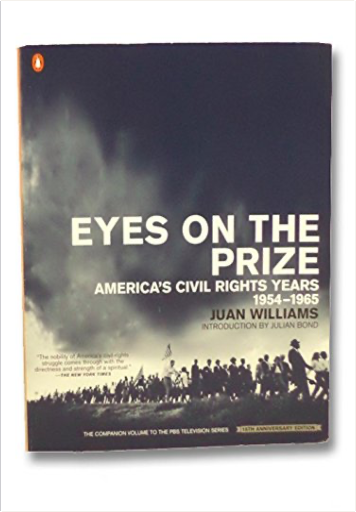
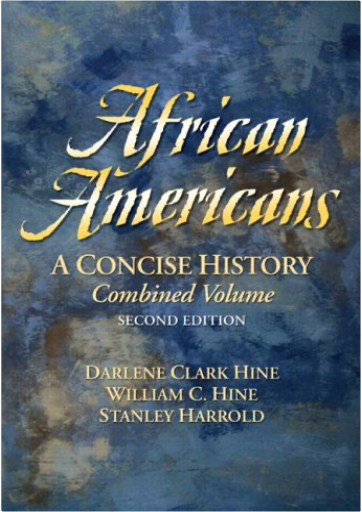
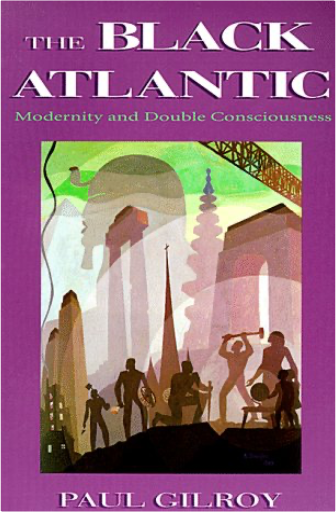
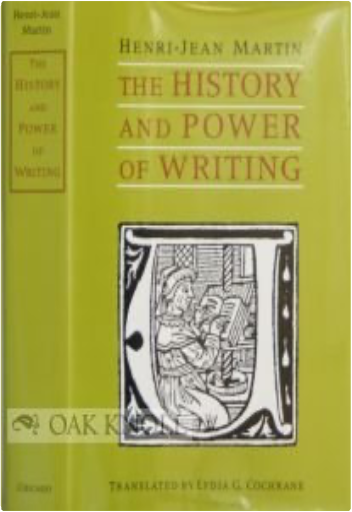


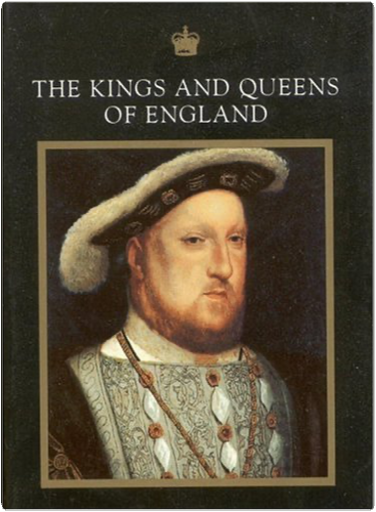
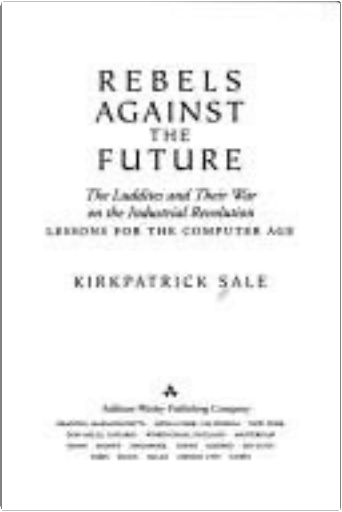
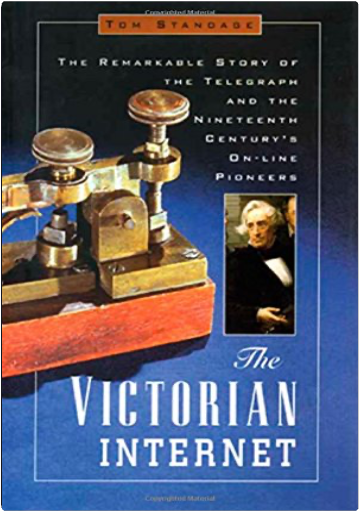
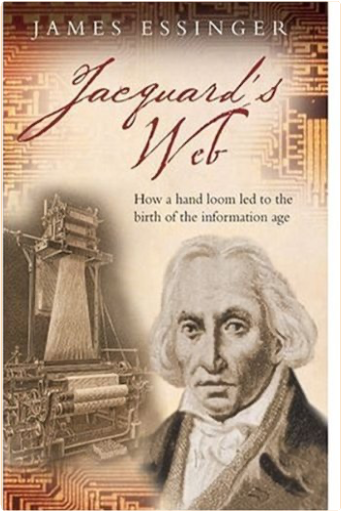
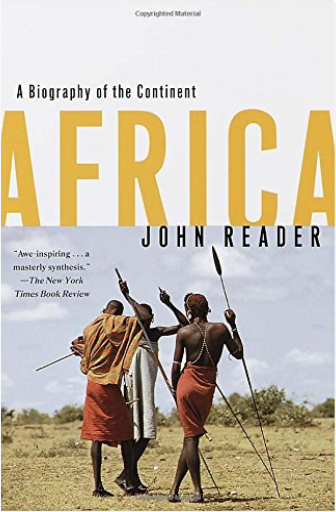
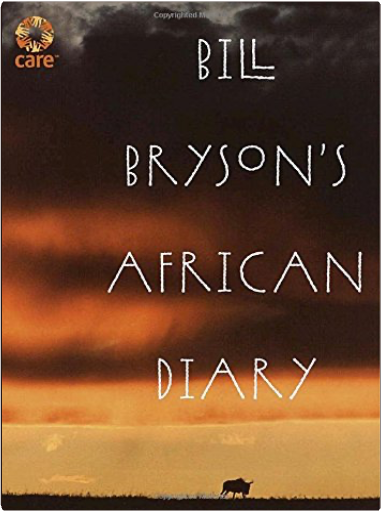
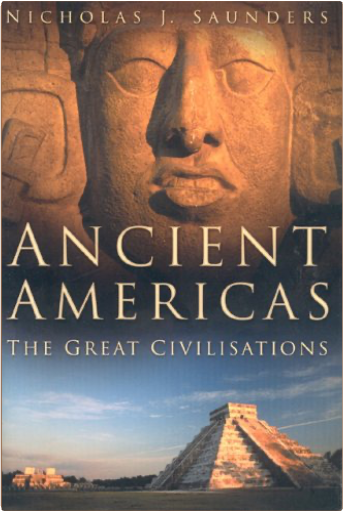


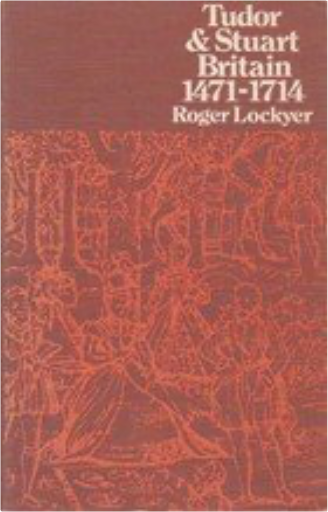
 Made with Delicious Library
Made with Delicious Library